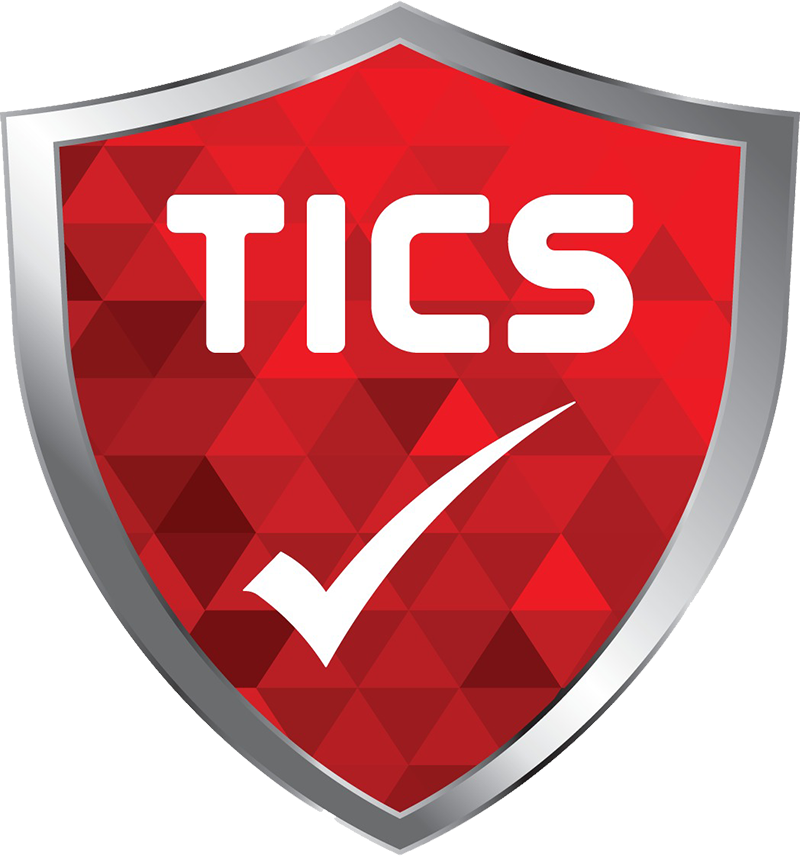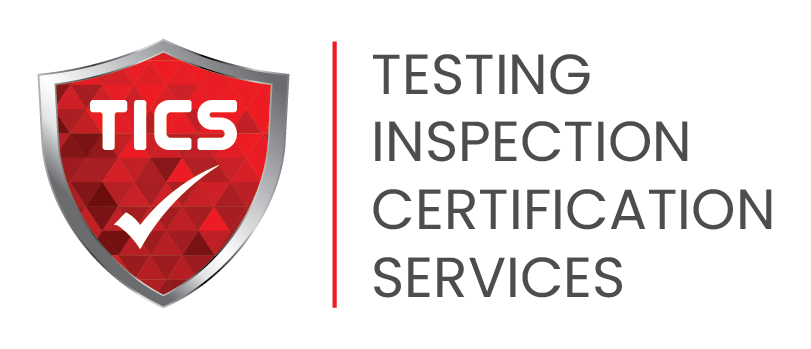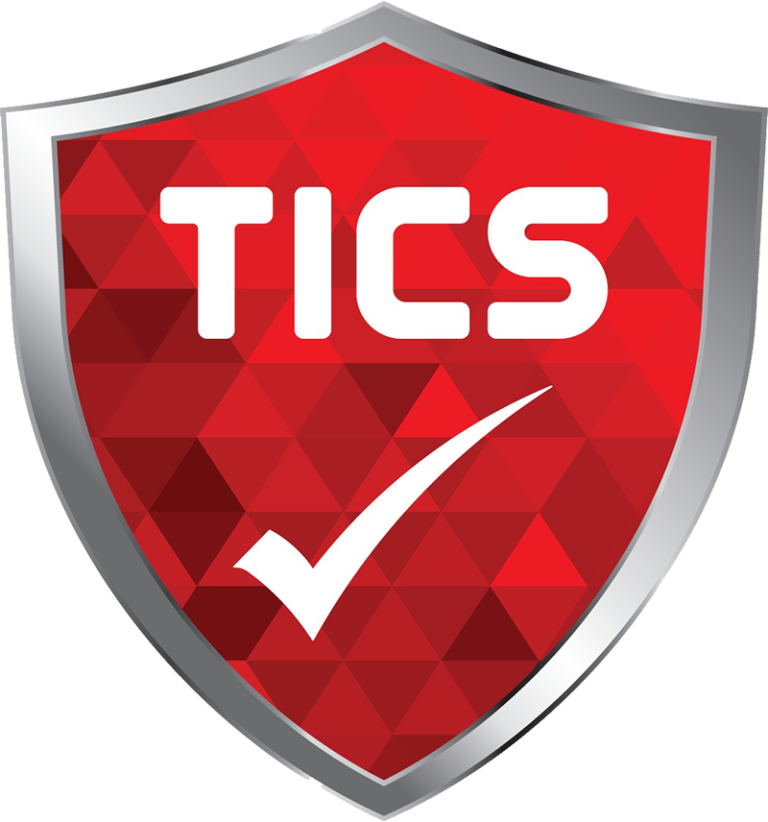Conformity Assessment Services
The main purpose of conformity assessment services is to determine that the shipments comply with local standards in order to clear customs smoothly and quickly at the destination. There are a number of compliance programs developed by various countries in this regard.
Each of these programs is designed to ensure that an importing country’s regulatory requirements for quality and safety are met, thereby protecting consumers and the environment, and largely protecting a business’s reputation.
Authorized institutions conduct inspections as soon as possible, carry out the necessary tests and analyzes and issue a conformity assessment document (CoC,
Certification of Conformity) in order to guarantee the quality and safety of a shipped product and to ensure that it is cleared from customs without any problems.
In general, conformity assessment services include the following studies:
- Checking whether the products to be exported or imported are subject to mandatory standards.
- To determine whether the products comply with the declared standards.
- To determine whether the products meet the technical specifications of these standards.
- Taking samples from products for tests and analyzes when necessary.
- To perform tests and analyzes of the samples taken in advanced laboratories.
- Issuing a document for the product whose compliance with the standards is confirmed.
The main purposes of conformity assessment programs (Verification of Conformity, VoC) can be listed as follows:
- Protecting the country’s citizens and strengthening consumer safety
- Eliminating customs bottlenecks in the country
- To guarantee the conformity of products to international and national standards
- Being sensitive to the environment
- Developing the country’s economic development
Public Sector Audits
Authorities provide a wide range of services to governments that seek to protect their citizens from low quality and unsafe products, to help them comply with safety and quality requirements.
Audit services provided by authorized institutions in terms of public services,
- Public buildings,
- Water services,
- Energy transmission and distribution,
- Aerospace and defense,
- Railways and
- Focuses on customs services.
The inspection of public buildings is to verify and ensure that the materials used in the construction of these buildings are safe, reliable and fully comply with the relevant legal regulations.
The audit of the water network includes the evaluation of the infrastructure of distribution services in terms of compliance with standards and performance
determination.
It covers a range of services from power transmission and distribution inspection, testing, inspection and certification services to engineering and environmental
consulting. These services aim at the safety, quality and efficiency of all transmission and distribution systems throughout their life cycle.
Aerospace and defense inspection supports all aspects of production and performance processes, from research and development activities to quality control,
from certification of materials used in production to failure testing and analysis of aerospace and defense equipment.
In addition, railway inspection services provide serious support to the public sector in terms of the protection of railway operation and the longevity of the railway infrastructure. Within the framework of these services, studies such as nondestructive testing, metallurgy consultancy, corrosion and failure analyzes, integrity checks of wagons and leakage current risk assessment are also carried out.
Finally, public sector inspections include customs inspections. International trade is facilitated by ensuring that import and export activities comply with legal regulations. These services provide supply chain security services to the public sector to protect against potential security risks, including scanning of loads and security audits.
Northern Iraq Region Export Controls
Export transactions from our country to the Northern Iraq region require some special applications and conformity assessment services before shipment. In commercial transactions to be made with this region from our country, exporter and importer companies are obliged to obtain a certificate of conformity (Certificate of Conformity) and comply with the requirements of this program in order to carry out customs procedures. The absence of this document results in delays in shipments, return of products, and in some cases even penalties in customs clearance.
Export inspections in the Northern Iraq region are carried out to ensure that the products to be sent to the region comply with the quality and safety standards in line with the quality, safety and environmental protection needs of consumers.
Vehicles, motorcycles, bicycles, tires and spare parts, electrical and electronic products, construction materials, toys, kitchen products, household goods, stationery products, household stoves and water heater devices, medical devices and equipment, measuring devices to be sent to the region within the framework of this program , baby care products and precious metals and counterfeit products other than gold and silver fall within the scope of this conformity assessment program.
Within the framework of this program, authorized institutions examine the submitted documents, make physical inspections for brand and label verification, evaluate product conformity within the framework of relevant standards, and check the conformity of the shipped products with the export documents


